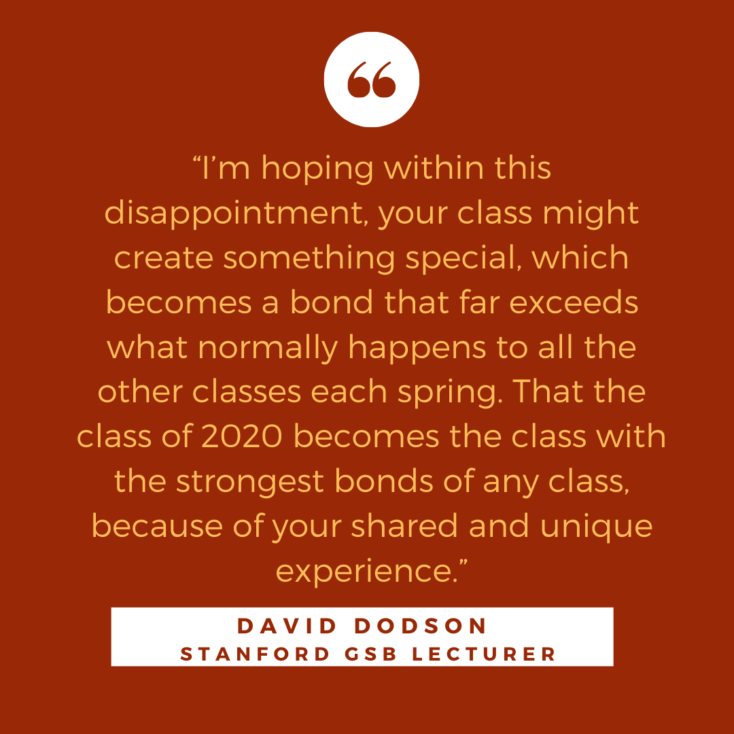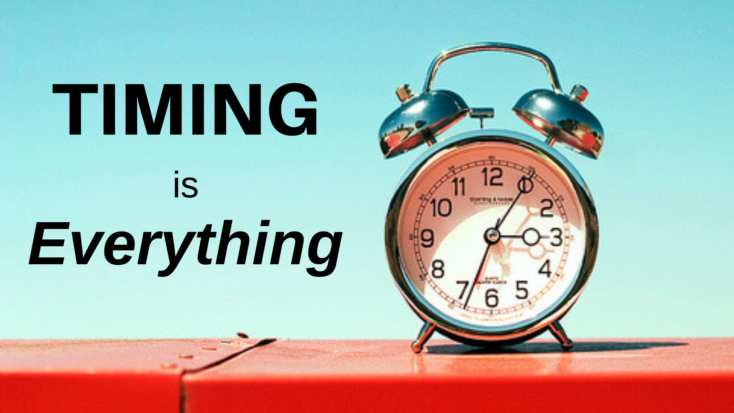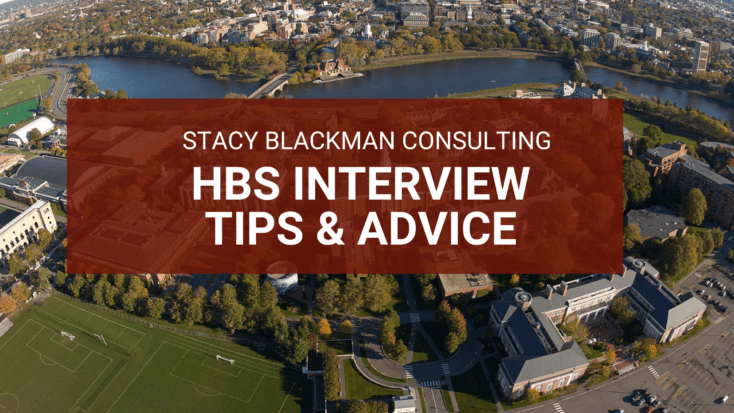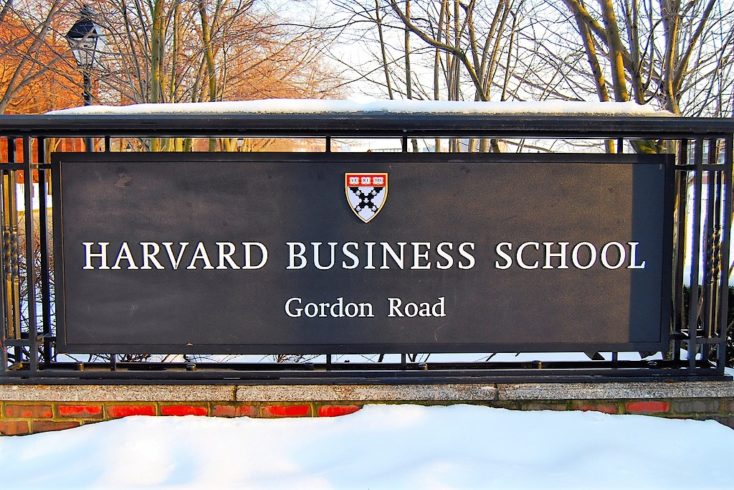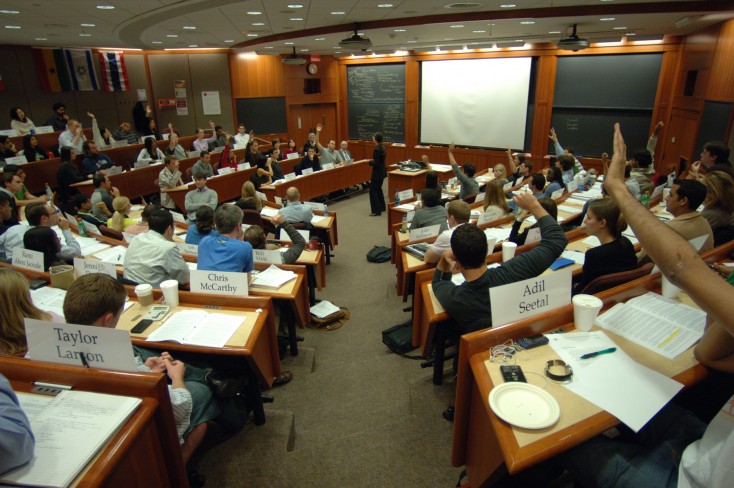Events & Promotions
|
|

GMAT Club Daily Prep
Thank you for using the timer - this advanced tool can estimate your performance and suggest more practice questions. We have subscribed you to Daily Prep Questions via email.
Customized
for You
Track
Your Progress
Practice
Pays
Not interested in getting valuable practice questions and articles delivered to your email? No problem, unsubscribe here.
- Nov 20
10:00 AM EST
-10:30 AM EST
If you’re applying to Columbia, NYU Stern, or Yale SOM, you need more than strong stats. Each school defines “leadership” differently, and your essays must reflect that. Join Sia Admissions founder, Susan Berishaj on November 20th - Nov 20
09:00 PM IST
-10:00 PM IST
Join our free expert-led Essay Workshops to discover how to choose impactful stories, highlight your core values, and align your background with each school’s distinct culture, making every word truly count. - Nov 20
07:30 AM PST
-08:30 AM PST
Learn what truly sets the UC Riverside MBA apart and how it helps in your professional growth - Nov 21
08:30 AM EST
-09:15 AM EST
Get the inside scoop on what makes Emory’s Goizueta Business School great, learn how you can present a strong MBA application, and connect with an Admissions Director to get your questions answered. - Nov 21
09:30 PM IST
-10:30 PM IST
Learn how to craft powerful, authentic essays by mastering the 3 “WHYs” every top MBA program looks for: Why MBA, Why Now, and Why This School. - Nov 24
08:00 PM PST
-09:00 PM PST
Inquire for a free profile evaluation and guarantee statement for possible admits and scholarships!
Kudos
Bookmarks
| FROM Stacy Blackman Consulting Blog: HBS 2+2 Program for College Seniors: How to Get In |
 What comes to mind when you think of business these days? If it’s the stereotype of the grey flannel suit and traditional office environment, then Harvard Business School wants to have a word. To reach college seniors —particularly liberal arts students—HBS launched the 2+2 Program back in 2007. This deferred admissions program targets students who might have otherwise never considered business school. Candidates apply in their senior year of college, and once admitted, work for two years before starting the Harvard MBA program. Graduate students who went directly from undergrad to grad school are also eligible. At SBC, our team includes the former HBS Associate Director of MBA Admissions who helped launch the 2+2 Program targeting college seniors. She explains that the program is all about getting the word out regarding what a graduate business degree can offer. Potential 2+2 candidates may have had few mentors in business. Or, an MBA degree might not be on their radar given their current course of study. “No one ever tells undergrads that business involves areas like nonprofits, government, education and social enterprise,” she says. What should college seniors know about the 2+2 Program? To be considered for admission to the 2+2 Program Class of 2025 (entering fall 2023), you must graduate from your program between October 1, 2020 and September 30, 2021. Your GMAT or GRE test score can be dated no earlier than April 30, 2016. If you wish to take the online GMAT, you must take it no later than one week prior to the submission deadline (April 22, 2021), as this version of the test requires one week for scores to be issued. College seniors outside the US. are welcome to apply. If you are an international applicant attending a non-English speaking undergraduate university, you will need to submit a TOEFL, IELTS or PTE score taken after January 1, 2019. HBS will accept the at-home or online versions of these tests. The 2+2 application is essentially the same as the online application for the traditional full-time MBA program. It has a reduced application fee of $100 vs. the $250 fee for non-2+2 applicants. Note that HBS offers a need-based 2+2 application fee waiver. This waiver is available to all 2+2 applicants for whom the fee presents a financial burden (this includes domestic and international applicants). Notably, 2+2 applications have only one deadline: April 29, 2021. This allows you to submit fall semester grades for consideration. Interviews and decisions happen in May. Although the name implies a two-year work period prior to the MBA, it’s actually more flexible. In fact, the school says in many cases they allow 2+2 admits to defer for three to four years in an HBS-approved professional opportunity. “They always approve a third year of deferral if you are working on something reasonable, i.e. not laying on a beach in Bali,” says our HBS insider. 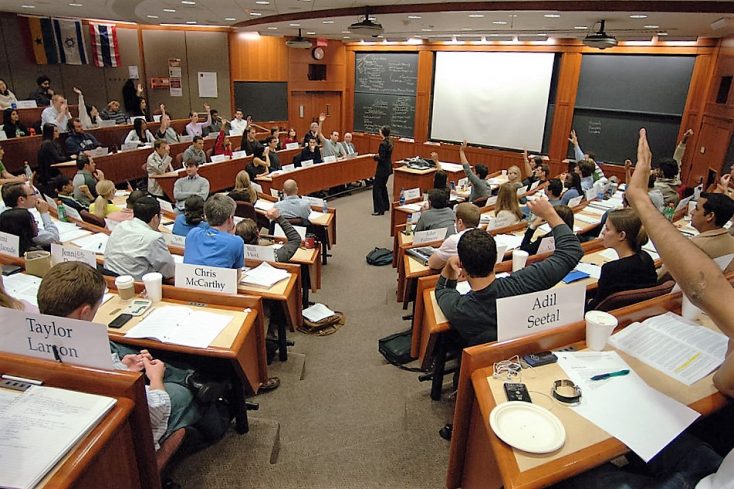 What is HBS looking for in 2+2 applicants? If you check out the 2+2 class profile for the 2020 cohort, the educational background breaks down as follows:
“Traditional applicants were not initially the main target of this program,” our SBC expert shares. “They are looking for all the same qualities and credentials as they do for the regular pool. But then they’re also looking for scientists, engineers, techies, and entrepreneurs, to name a few.” “They really hoped they would find young people who saw the deferred admission as an opportunity to take a risk and do something a little bit off the beaten path.” Therefore, traditional applicants should embrace the “untraditional” side of their personal story. Rest assured, it can be done. As an example, check out our client case study that highlights the successful 2+2 application journey of Anita, an Economics major from Northwestern University. “For the rest, you want the things that 2+2 is looking for to be the focus – science, engineering, entrepreneurship, risk-taking, etc.,” our HBS insider advises. “It’s ok to get dorky in these areas and go deep.” If you are considering the HBS 2+2 Program and need input from an expert sounding board, we’re here to help! Reach out to set up a complimentary assessment of your candidacy today. The post HBS 2+2 Program for College Seniors: How to Get In appeared first on Stacy Blackman Consulting - MBA Admissions Consulting. |
This Blog post was imported into the forum automatically. We hope you found it helpful. Please use the Kudos button if you did, or please PM/DM me if you found it disruptive and I will take care of it.
-BB
Kudos
Bookmarks
| FROM Stacy Blackman Consulting Blog: B-Schooled Episode #37: A Real Application Review (part 2 of 2) |
 What in the world happens during an AdCom review of an applicant’s materials? What kinds of things do they consider, and how do they approach the different aspects of a candidates’ materials? In this episode of the B-Schooled podcast, we share all the details about another former Stacy Blackman Consulting client. (You can catch Part 1 here.) We’ll explain how the former admissions committee members on our staff assessed his candidacy, and what ended up happening. Listen to B-Schooled episode #37 here, or on any of the podcast apps listed below. B-Schooled is available on most major podcast apps, including: Apple Podcasts Spotify Stitcher TuneIn Please be sure to subscribe to B-Schooled so that you don’t miss a thing. If there’s something you’d like for us to cover in a future episode, please email podcast@stacyblackman.com. We’d love to hear from you! The post B-Schooled Episode #37: A Real Application Review (part 2 of 2) appeared first on Stacy Blackman Consulting - MBA Admissions Consulting. |
This Blog post was imported into the forum automatically. We hope you found it helpful. Please use the Kudos button if you did, or please PM/DM me if you found it disruptive and I will take care of it.
-BB
Kudos
Bookmarks
| FROM Stacy Blackman Consulting Blog: How Should You Use MBA Rankings? |

Yet, we encourage clients not to focus heavily on rankings when making their MBA program selections. In fact, placing an outsized emphasis on rankings often becomes a distraction for some applicants. Prospective students would do well to focus more on each program’s culture, size, or the strength of its alumni network. If you’re thinking about business school, you should decide the factors that will play a role in where you apply. Consider cost, location, program specialties, faculty’s areas of expertise, and so on. Keep these factors in mind as you research specific programs. This will help you home in on the ones that fit you best. “Applicants see an MBA as a long-term investment in their future,” says Beth Tidmarsh, a former Kellogg School MBA Admissions Officer, now on the Stacy Blackman Consulting team. Most likely, your list will contain a few under-the-radar programs that aren’t at the top of the rankings—provided, of course, that reputation isn’t the only factor that matters to you. Look at data points that are important to your own career path when determining the value of a particular ranking. However, know that if you aspire to a highly competitive position in banking or consulting, a potential employer will likely give an advantage to an applicant from one of the elite schools. Like it or not, that’s the reality in those industries.  That said, we think ranking methodology would be improved by including measures that encompass diversity dimensions such as non-traditional industry students (or career goals) and social impact-oriented students/career goals. MBA Rankings in an Exceptional Season As Find MBA recently noted, business school rankings provide only a limited snapshot of a much larger picture. “Many students have jobs working for social good, which do not always have high salaries but are rewarding in other ways,” says Caryn Beck-Dudley, president and CEO of AACSB International. “The geographic location and cost of living can distort salary reports as well.” “Too narrowly defined methodologies don’t allow for the intricacies of each program to truly shine, and thus can’t give an accurate representation of what the program can do for the learners.” —Caryn Beck-Dudley Given the current state of the COVID-19 pandemic, several schools have opted to forgo participating in MBA rankings this year. We understand and support this decision. Schools shouldn’t be distracted by secondary priorities such as rankings. . At this critical moment, they must focus on program quality and students’ needs and safety above all else. Ultimately, you should choose a program you genuinely connect with. Don’t worry about whether you’ll get into “the best MBA program of all.” Figure out which business school is the best one for you. The post How Should You Use MBA Rankings? appeared first on Stacy Blackman Consulting - MBA Admissions Consulting. |
This Blog post was imported into the forum automatically. We hope you found it helpful. Please use the Kudos button if you did, or please PM/DM me if you found it disruptive and I will take care of it.
-BB










